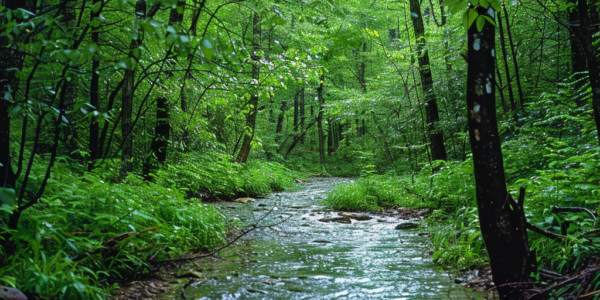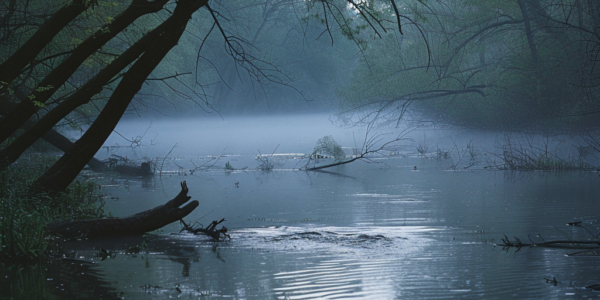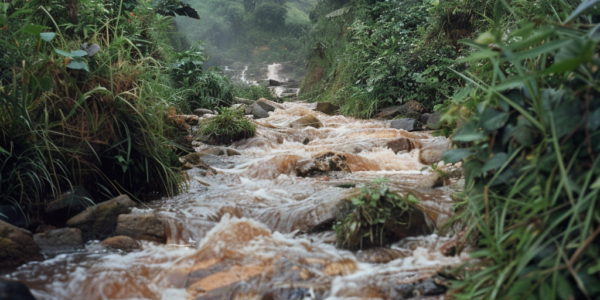Surprising Discovery About Energy Exchange in Natural Ecosystems
Scientists have discovered a surprising balance of energy exchange in natural ecosystems, with forests and streams engaging in an equal exchange of energy. The study uncovers the role of nutritional quality in maintaining this balance and explores how allochthony patterns differ among various species groups and across diverse climates. This research provides important clues about how these intricate exchanges might shift in response to changing environmental conditions.
Researchers Propose New Method for Tracking Origins of CO2 Emissions from Streams, Rivers, and Lakes
University of Massachusetts Amherst researchers propose a new method for tracking CO2 emissions from streams, rivers, and lakes, addressing the challenge of accurately measuring and understanding the carbon dioxide released by inland waters. The study, published in Global Biogeochemical Cycles, reveals the impact of carbonate buffering on CO2 emissions, shedding light on the cryptic nature of its production and the difficulty in accounting for it in current climate models.
Glacier-Fed Streams Undergoing Profound Change, Scientists Say
Glacier-fed streams are changing due to ongoing glacier shrinkage, leading to a flourishing of microbial life. EPFL and Charles University scientists report that as glaciers shrink, the streams become warmer, clearer, and calmer, allowing microorganisms to contribute more to local carbon and nutrient cycles.



